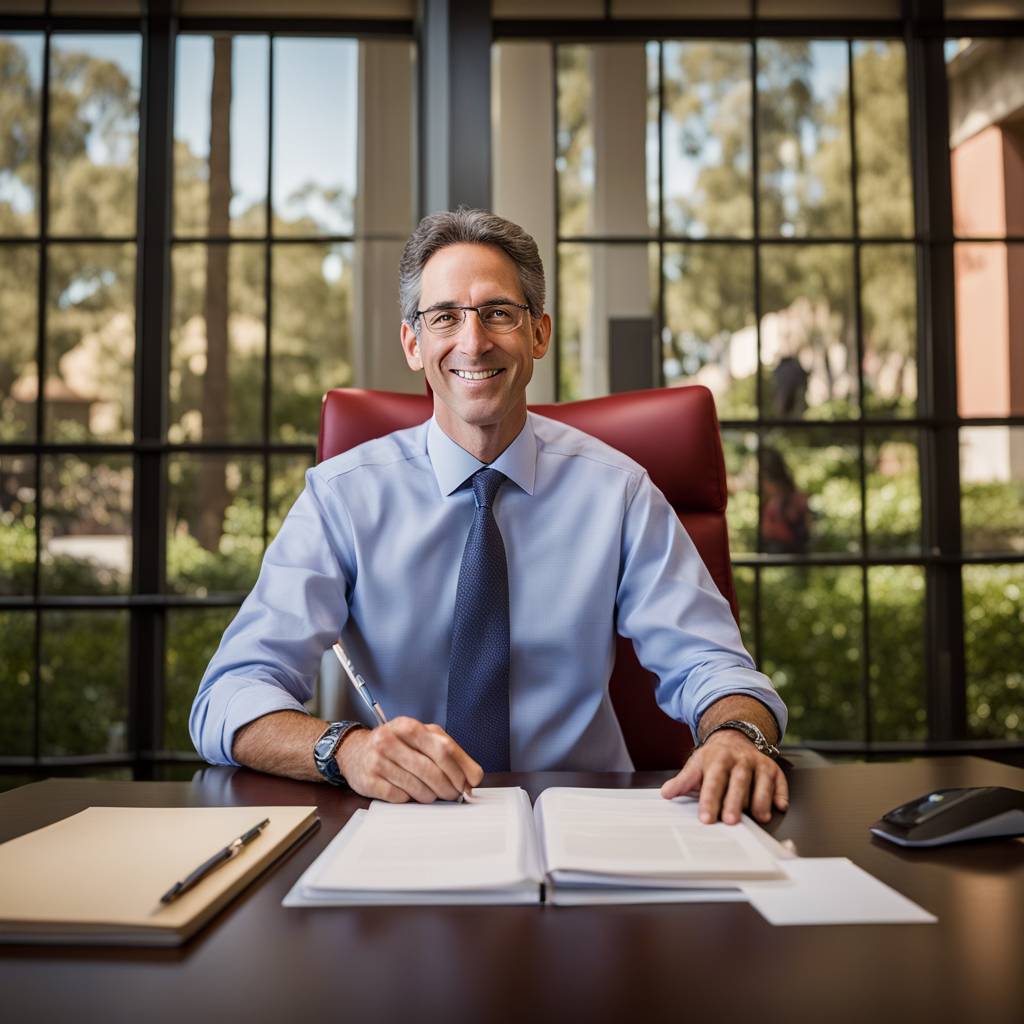Stanford University has selected Jonathan Levin, an economist and current dean of the graduate business school, as its next president. Dr. Levin has a long history with the university, dating back to his undergraduate days in the 1990s. His appointment is seen as a stabilizing force during a time of turmoil and controversy surrounding Stanford, including protests over the Israel-Hamas war and questions about the quality of scientific research conducted during his predecessor’s tenure.
Jerry Yang, chair of Stanford’s board of trustees, stated that Dr. Levin was chosen for his distinguished academic record, familiarity with the university’s culture, and deep integrity. The selection committee held numerous listening sessions to gather input from the community before making the decision. Dr. Levin’s background in academia, including serving on a White House advisory panel on science and technology, was also a key factor in his selection.
Dr. Levin’s academic credentials are extensive, with degrees from Stanford, the University of Oxford, and the Massachusetts Institute of Technology. He has been a faculty member at Stanford since 2000, serving as the chair of the economics department before becoming dean of the business school in 2016. His research has covered a variety of topics, from early admissions to subprime lending to the impact of financial incentives on health care delivery.
In response to controversies surrounding free speech at Stanford, Dr. Levin emphasized the importance of encouraging students to listen to different perspectives and form their own opinions, rather than making statements on current events. The university faced protests over the Israel-Hamas war and a lawsuit for discrimination, highlighting the ongoing challenges related to free speech and campus controversies.
Dr. Levin will assume the role of Stanford’s 13th president in August, succeeding the interim president, Richard Saller, who took over after the resignation of Dr. Tessier-Lavigne. Dr. Tessier-Lavigne stepped down amid questions about the quality of scientific research conducted during his tenure, although an outside panel of scientists refuted the most serious claim involving an alleged cover-up of falsified data in a 2009 Alzheimer’s study. Dr. Levin’s appointment is seen as a key step in navigating the university through a period of political and academic challenges.








